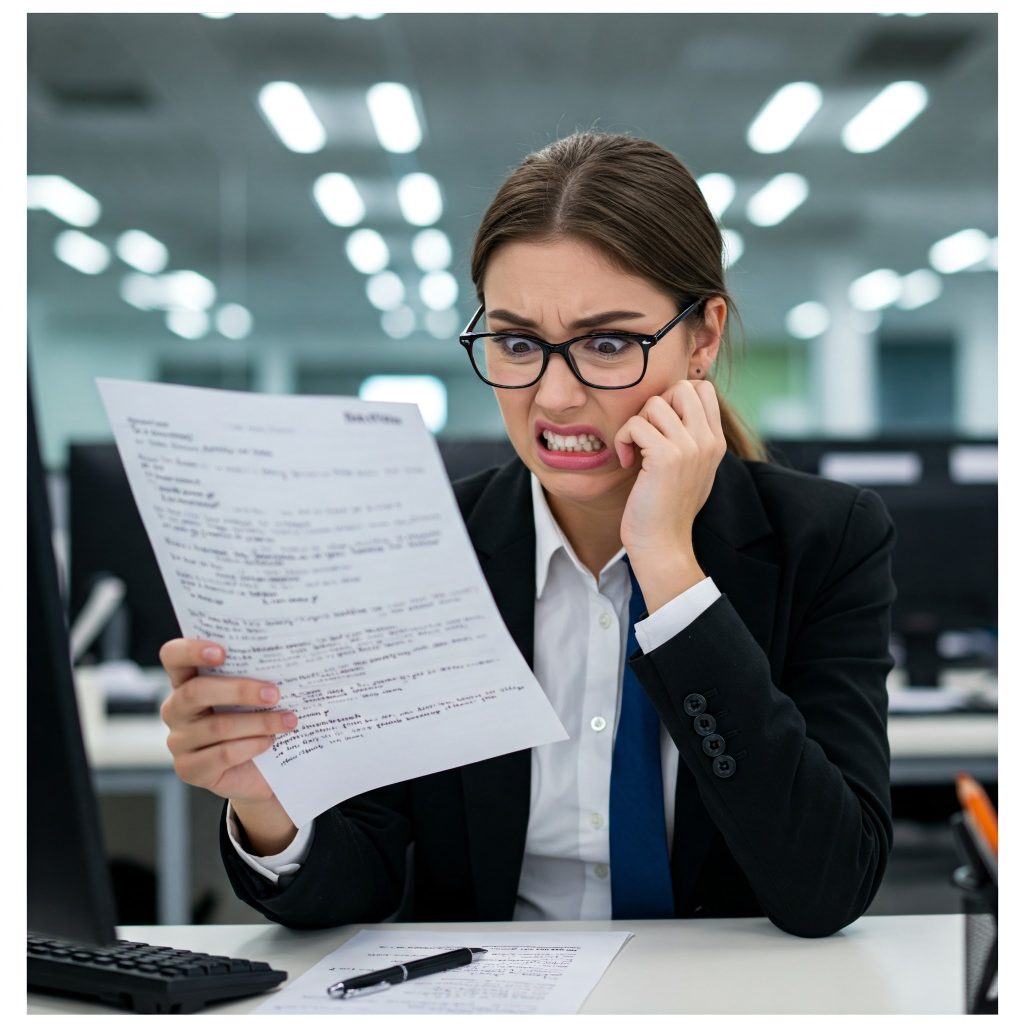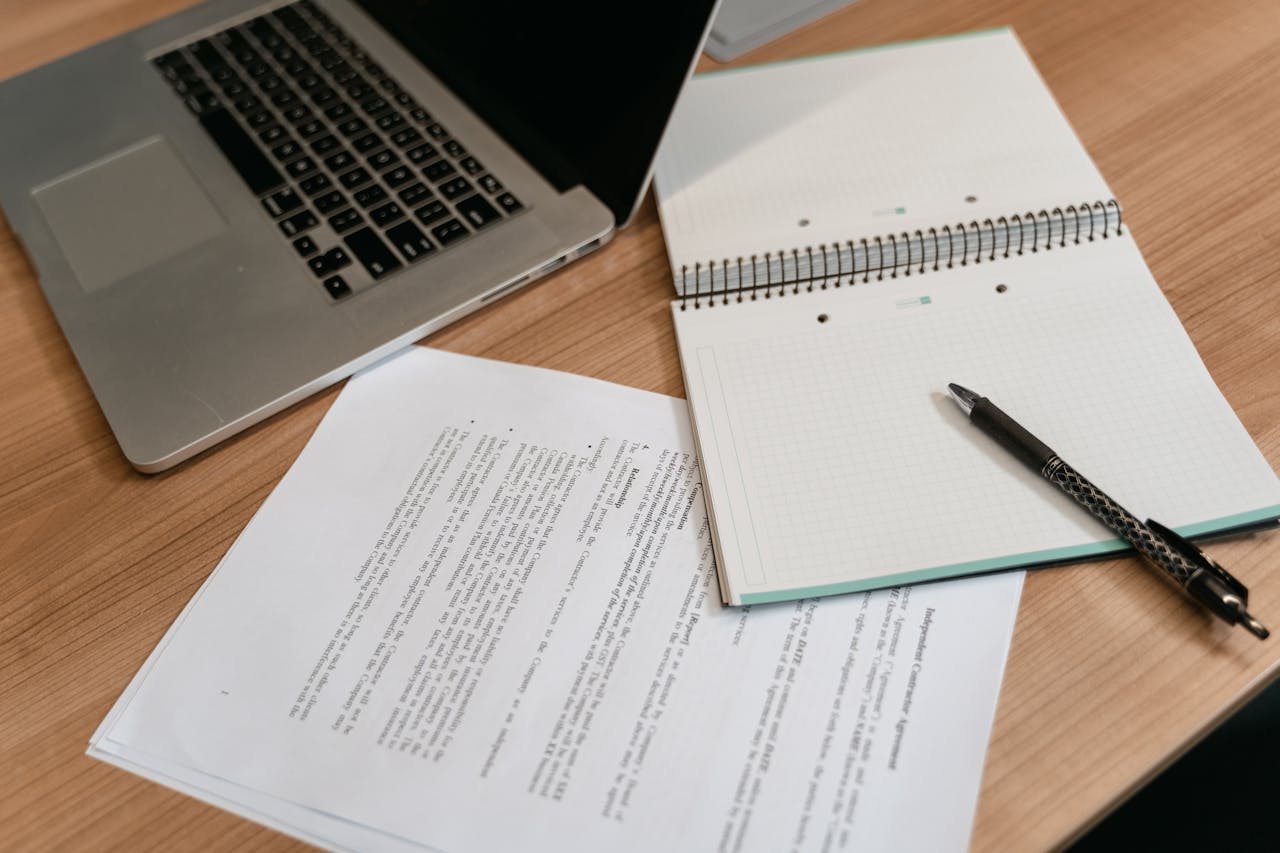So you’ve written the perfect intro, highlighted your experience, and tailored every sentence to the job. But now you’ve reached the end… and you’re stuck. Don’t worry—you’re not alone. Figuring out how to end a cover letter the right way is something most job seekers struggle with.
Here’s the thing: your closing paragraph is your last shot to make a strong impression. And guess what? Many hiring managers do remember the last thing you said. That’s why your closing matters just as much as your opening hook.
In this guide, I’ll walk you through how to close your cover letter confidently, professionally, and in a way that leaves the hiring manager thinking, “I want to meet this person.” I’ll even include real example closings you can tweak and use. Sound good? Let’s dive in.
Why the Ending of a Cover Letter Matters
Ever heard the phrase, “It’s not how you start, it’s how you finish”? That applies to cover letters too. If your closing feels rushed or generic, it can undo all the hard work you’ve put into the earlier sections.
A good ending doesn’t just “wrap things up”—it reinforces your enthusiasm, professionalism, and fit for the role. It can even tip the balance in your favour if a recruiter is choosing between candidates with similar backgrounds.
What Makes a Good Cover Letter Ending?
Before we look at examples, let’s break down what your closing paragraph should do. There are a few key things to include:
Clear call to action: You want the employer to know you’re ready and excited to move forward.
Confident but polite tone: There’s a difference between “I hope you consider me” and “I’m confident I’d be a great fit.”
Reinforcement of enthusiasm: Remind them why this role excites you. It helps make your letter feel genuine.
The Key Elements of a Great Closing Paragraph
Here’s a closer look at how to combine the right elements into your final lines.
Restating Your Interest in the Role
You don’t need to repeat everything, but briefly reaffirming your excitement shows commitment.
Highlighting Your Value
One sentence that reminds them of the value you bring can go a long way.
Inviting Next Steps (Without Begging)
A phrase like “I’d welcome the opportunity to discuss this role further” shows interest—without sounding desperate.
Expressing Gratitude
A simple thank-you adds warmth and professionalism to your tone.
How to End a Cover Letter: Step-by-Step Guide
Let’s keep this simple. Here’s how you can build a great closing paragraph in three easy steps.
Step 1 – Reflect on Your Main Message
Think about what you want the employer to remember. Are you a great communicator? A tech-savvy problem-solver? A team player with proven results? Reinforce that idea here.
Step 2 – Keep It Short and Impactful
Your closing paragraph should be 3–4 sentences max. Don’t add fluff—just value.
Step 3 – Choose an Appropriate Sign-Off
End with a strong but polite sign-off like “Sincerely,” or “Best regards,” followed by your full name.
Read also – How Long Should A Cover Letter Be?
Example Closing Paragraph
I’m excited about the opportunity to contribute my skills in content strategy and SEO to your growing marketing team. I’d love the chance to discuss how I can support your digital goals. Thank you for considering my application—I look forward to speaking with you soon.
Example Sign-Off
Best regards,
Amanda Taylor

Best Phrases to Use When Ending a Cover Letter
Finding the right words can be tricky, so here are some go-to phrases you can adapt depending on the tone you’re going for:
Phrases That Show Confidence
- “I am confident I can contribute meaningfully to your team.”
- “I would welcome the opportunity to bring my skills to your organisation.”
- “I’m eager to demonstrate how I can deliver results in this role.”
Phrases That Express Appreciation
- “Thank you for taking the time to review my application.”
- “I appreciate your time and consideration.”
- “Thank you for the opportunity to be considered.”
Phrases That Hint at Next Steps
- “I’d be happy to discuss this role further in an interview.”
- “Please don’t hesitate to contact me if you need additional information.”
- “I look forward to hearing from you.”
10 Powerful Cover Letter Closing Examples
Whether you’re applying for a creative job or a corporate role, here are examples tailored to different situations. Feel free to tweak them to match your voice.
Read also – What Is The Difference Between A Cover Letter And Supporting Statement?
Example for an Entry-Level Job
Thank you for considering my application. As a recent graduate with a strong foundation in customer service and a keen desire to grow, I’m excited about the opportunity to contribute to your team.
Example for a Management Role
I look forward to the possibility of leading and inspiring your team while delivering strategic value. Thank you for reviewing my application.
Example for a Creative Industry
I’m passionate about storytelling and visual communication. I’d be thrilled to bring my creative energy and ideas to your design team.
Example for a Tech Job
With a solid background in software development and a drive for solving complex problems, I’d love the chance to contribute to your next big project.
Example for a Remote Position
I’m confident my self-motivation, communication skills, and time management make me a great fit for your remote team.
Example When Changing Careers
Though my background is in education, my transferable skills in leadership, problem-solving, and communication will allow me to thrive in this marketing role.
Example When Applying Internally
As someone who’s already familiar with your culture and values, I’d love the opportunity to grow into this new role within the team.
Example Showing Enthusiasm
I’m genuinely excited about this opportunity, and I believe I’d be a great cultural and professional fit for your company.
Example When You’re Unsure About the Fit
While this role stretches my experience in new ways, I’m confident my adaptability and willingness to learn would make me a strong contributor.
Example With a Strong Referral Mention
Jane Smith spoke very highly of your team, and after learning more about the role, I share her enthusiasm. I look forward to the chance to contribute.
Read also – How to Respond to a Job Rejection Email with Examples

Common Mistakes to Avoid When Ending a Cover Letter
Even a great cover letter can lose its impact if you fall into one of these common traps:
Sounding Desperate
Avoid phrases like “I really need this job” or “Please consider me.” Instead, focus on what you can offer them.
Being Too Casual or Vague
Don’t end with “Thanks!” or “Cheers” in professional settings. Keep your tone friendly but polished.
Not Including a Call to Action
A closing that doesn’t invite further conversation feels incomplete. Don’t miss this chance to guide the next step.
Choosing the Right Sign-Off
Best Professional Closings
- Sincerely
- Best regards
- Kind regards
- Yours faithfully (if you don’t know the recipient’s name)
- Yours sincerely (if you do)
Sign-Offs to Avoid
- Cheers
- Thanks a bunch
- Later
- Take care (too casual for formal job applications)
Case Study: How a Great Ending Led to an Interview
Let me tell you about James, a client of mine who was applying for a marketing analyst position. His original cover letter had a strong start, but his closing just said: “Hope to hear from you.”
We reworked it to say:
I’d welcome the chance to contribute my data-driven insights to your team. Thank you for your time—I look forward to discussing this opportunity further.
That tweak, plus a more confident tone, helped him land an interview within days. The hiring manager even commented on how professional and enthusiastic his letter sounded.
Read also – To Whom It May Concern: When and How to Use This
Tips to Match Your Cover Letter Ending to the Job Type
Corporate Jobs
Stick with formal phrasing, clear value, and a polished tone.
Creative Roles
You can be a little more expressive, but still keep it professional.
Startups and Tech Companies
Use language that shows initiative, energy, and a modern tone. Mention adaptability.
Non-Profits and Mission-Based Orgs
End on a note that connects your passion to their purpose. Show heart, not just skill.
Conclusion and Call to Action
Knowing how to end a cover letter is just as crucial as writing a powerful opening. A confident, tailored closing helps reinforce your value, shows your enthusiasm, and sets the stage for that all-important interview. Remember: it’s not about begging for the job—it’s about showing how you’re the solution they need.
Now that you know what to say at the end, go polish that paragraph and finish your cover letter strong!
Need help writing the rest of your cover letter? Stick around for more expert guides and free templates—or drop your draft here and I’ll give it a quick review.
FAQs
1. Should I thank the employer at the end of a cover letter?
Yes, expressing appreciation adds a professional and courteous touch.
2. How long should the closing paragraph be?
Keep it to 3–4 sentences. Short, clear, and impactful is best.
3. Can I be creative with my sign-off?
If the industry allows (like media or startups), you can be slightly more creative—but always keep it respectful.
4. Is it okay to say I’m looking forward to an interview?
Yes, just word it confidently and not as an assumption (e.g., “I look forward to the opportunity to discuss…”).
5. Should I include my contact details again in the closing?
No need—your contact info should already be in your header or signature.
